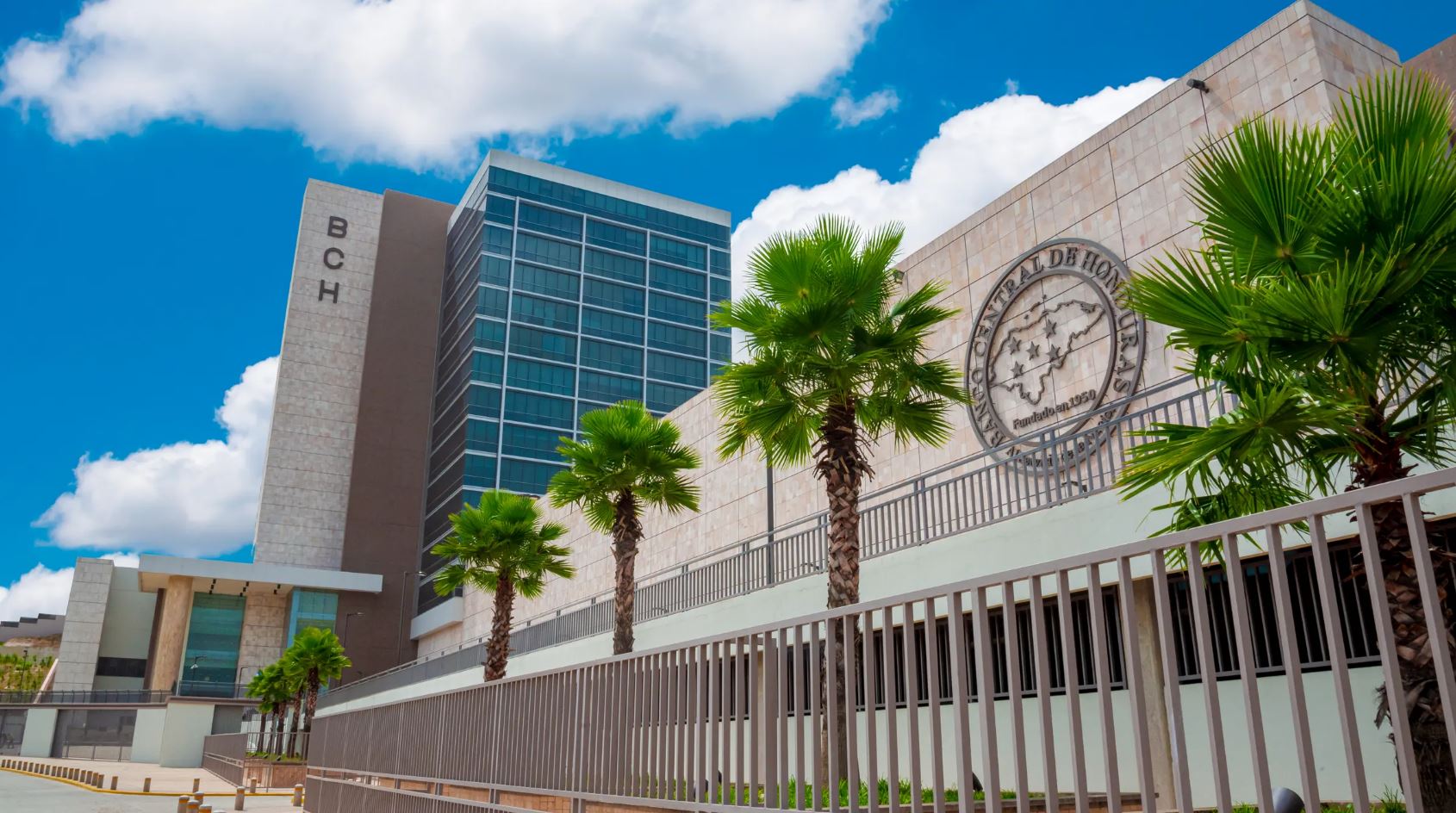The international environment is more fragmented, more fragile, and more prone to shocks that can generate one crisis after another, said the president of the Central Bank of Honduras (BCH), Rebeca Santos.
In this globalized context, “the weakest links in the chain are more unprotected and with greater risks”.
According to the official, Honduras, as one of the smallest economies in the region, “faces not only the effects of external shocks and the crises identified by the Economic Commission for Latin America and the Caribbean (ECLAC) but also a structural problem of high social, environmental, and food vulnerability”.

The president of the BCH said that globalization had an asymmetric effect, deepening the situation of poverty faced by 70% of the Honduran population and causing “greater environmental fragility, deterioration of our natural resources, losses in economic and productive infrastructure, food insecurity and lag in the formation of human capital”.
In June 2022, inflation in Honduras reached double digits for the first time since 2008. Although it has shown signs of beginning to ease in August and September, it continues to be one of the main challenges of the national economy.
“Inflation has impacted us in unsuspected magnitudes, deteriorating wages and increasing the price of the minimum basic basket of our population,” said Santos. He spoke at the thirty-ninth session of ECLAC, which concludes tomorrow.
The official paraphrased the secretary general of the United Nations Conference on Trade and Development, Rebeca Grynspan, by indicating that “the largest percentage of this inflation comes from outside, that is, we have no control over it”.
TOWARDS SUSTAINABLE DEVELOPMENT
During the three-day meeting in Buenos Aires, Argentina, ECLAC called on the region’s countries to raise their ambition and promote actions to advance toward sustainable and egalitarian development.
In this space, high authorities of the region, researchers, world-renowned academics, representatives of civil society, and international officials will discuss the institutional document entitled:
“Towards the transformation of the development model in Latin America and the Caribbean: production, inclusion, and sustainability, in which the organization proposes to the countries its proposal for recovery and sustainable development in the new global and regional context.”
On this point, Santos said during her virtual participation that “the document integrates the central issues in terms of the challenges imposed on the Latin American and Caribbean region by a globalized economic model, weakened and in reconfiguration; increasingly frequent external shocks that have led to cascading crises, among which inflationary, climate, energy, and social crises stand out”.
The official added that this scenario is compounded by the aftermath of the covid-19 pandemic, “which has left some of our countries highly fragile in terms of health and, in addition, the food security crisis that a large number of countries are already facing, not only in the region but also in other parts of the world.
ACTIONS TO GUARANTEE FOOD SECURITY
Santos said that the government, under the leadership of President Xiomara Castro, has been implementing various measures aimed at strengthening the Social Protection Network and subsidies focused on the most vulnerable population.
In addition, others focused on the population as a whole and the national productive apparatus, maintaining the dynamics of economic growth, prioritizing the productive sectors that guarantee food security and a set of monetary and fiscal measures to contain the growing inflationary pressures “without sacrificing priorities that cannot be postponed in terms of public and private investment”.
Honduras is the only country in the region that has not modified the monetary policy rate (TPM) in the last months to face inflationary pressures. The BCH has maintained this indicator at 3% since November 2020.
“A stable economy is important, but it should not be erected above the common welfare,” said the official.
“Consequently, institutions must adjust their macroeconomic model, recognizing the enormous fragilities we face within our countries. Old recipes and paradigms also need to be reconfigured.”
MORE RESILIENT SOCIETIES
In his opinion, the globalization paradigm for countries like Honduras and many of those that make up the Latin American and Caribbean region “requires a rethinking more in line with our realities, taking the citizens as central actors in it.”
Santos proposed taking stock to address the immediate while building resilient societies, considering at least three dimensions: economic, social, and environmental, which he considered an agenda that cannot be postponed.
“In this sense, the proposals outlined by ECLAC are driving aspects that can boost productive and structural transformation, as well as investment and employment growth, and should be part of this medium-term regional agenda,” said the president of the BCH.
In closing her presentation, she said that this agenda would allow us to function in this stage of reconfiguration of globalization, making a more humane and inclusive reading in line with economic and social differences.
“I call on you to recognize that not all countries are in the same conditions, and the internal impacts have been of different magnitudes; in short, there are winners and losers here”.
With information from Bloomberg

